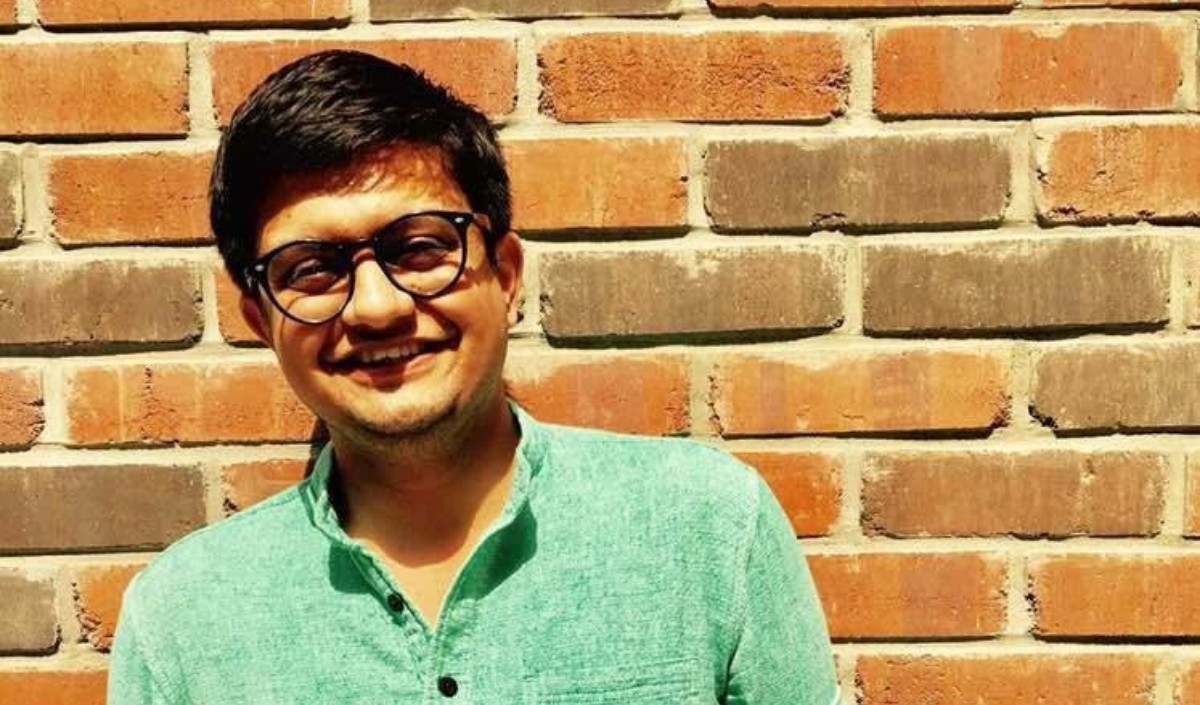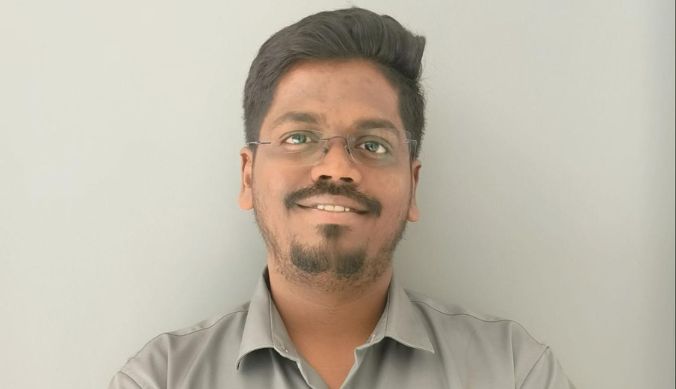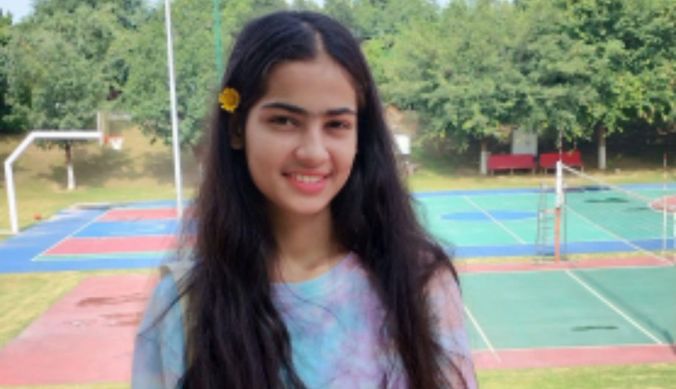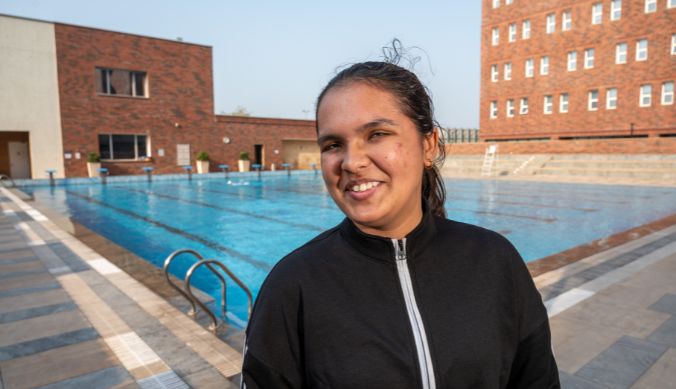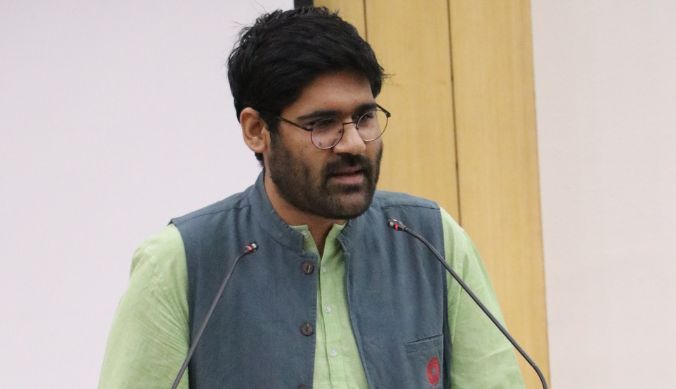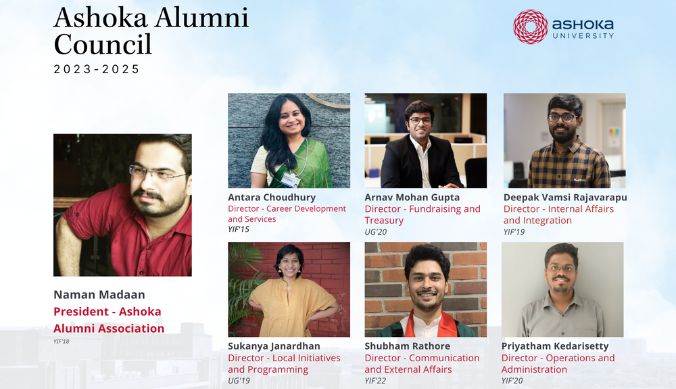Life after the Fellowship: Shashank Sharma
“No matter what background you come from, YIF makes you socially conscious,” says Shashank Sharma, Young India Fellow, Class of 2017.
As I begin to pen down my journey after Ashoka University, I can’t think of a better way to summarize it than to take you through my routine these days. Before I do that, you should know a little bit about me! Originally from Manali and brought up in the beautiful city, Chandigarh, I come from a middle class family. Bit by the engineering bug, I pursued civil engineering from PEC University of Technology and then proceeded to work for Paytm. All through my school and college life, I was an active public speaker. My first interaction with Liberal Arts began when I started attending parliamentary debates in Delhi University during my under graduate years. As an engineer, these debates questioned my core beliefs and made me uncomfortable, but with time it gave me a different perspective. Determined to provide this experience to students in Chandigarh, I used my position as the Head of the Debating Society at PEC University to deliver debating workshops to high school and college students in the city, something that I still continue to do even today. I took a leap of faith and applied to the Young India Fellowship (YIF) because of its founders. The mission that Ashoka University set for itself resonated with me, and I decided to quit my job to pursue YIF. The rest, as they say, was history. Cut to today, one year after the Fellowship, I find myself working as a Business Analyst in Strategy Consulting for the US-based firm, Deloitte.
A regular work day in my life consists of three main activities: serving clients on their strategic needs, participating in social impact work at Deloitte and preparing for my upcoming debating workshops. One of the main reasons why I chose consulting as a career after YIF, was to enhance my ability to deal with complex problems and come up with potential solutions through research, stakeholder interviews and countless brainstorming sessions. It was very clear to me that whatever the nature of the problem, problem solving skills are universal. In the past year, I have served clients across technology, digital payments, hospitality and IT outsourcing industries. One of the major highlights of my tenure at Deloitte has been working on the Corporate Social Responsibility (CSR) strategy projects for corporate clients as well as NGOs. This not only gave me a better understanding of the complexities involved in the CSR sector, but also allowed me the chance to put myself in the shoes of donors and NGOs to appreciate the perspective each stakeholder brings to the social sector.
One of the best things about YIF is that no matter what background you come from, you’ll leave as a socially conscious human being and that’s because of the power of the amazing faculty and the courses. Hence, at Deloitte, I constantly look for opportunities to make an impact by regularly engaging in pro-bono consulting for small scale NGOs, alongside client engagements. This helps me transfer my learnings from client projects and help NGOs improve their operations. Given my passion for the social sector and my contributions over the past year, I was privileged enough to be nominated by my leadership to represent Deloitte at the ‘One Young World’ summit happening in October 2018 at the Hague, Netherlands. I have been chosen to represent 30,000 Deloitte US-India employees at the summit to put forward the work that we have done in the social space, with special emphasis on education and skill development.
One of my interests that I still pursue besides work, is delivering workshops on critical thinking and writing to high school and university students. In the past year, I have visited more than five schools and two universities, including my recent visit to University of Zurich, Switzerland. The topics for discussion range from finding potential solutions for mental health awareness in conflict areas, reviewing the convention on elimination of racial discrimination and gender-based violence across countries, to name a few. The idea behind this is that they engage in the critical discourse issues that have remained dormant. It is satisfying to see students take up law and social sciences as a career option.
So, what really changed after the fellowship? I realise that the fellowship has given me a ‘purpose’ which is larger than just doing a regular job, or just mere survival. My two cents to the current fellows would be to really ‘find yourself — invest time in understanding more about your strengths, about your passion, about your cause that you want to be remembered for! You are not alone in this pursuit. You have a network of more than 1000+ Ashoka Alumni who have gone through this journey and will understand every emotion that you go through.
Keep spreading love and keep creating impact!





